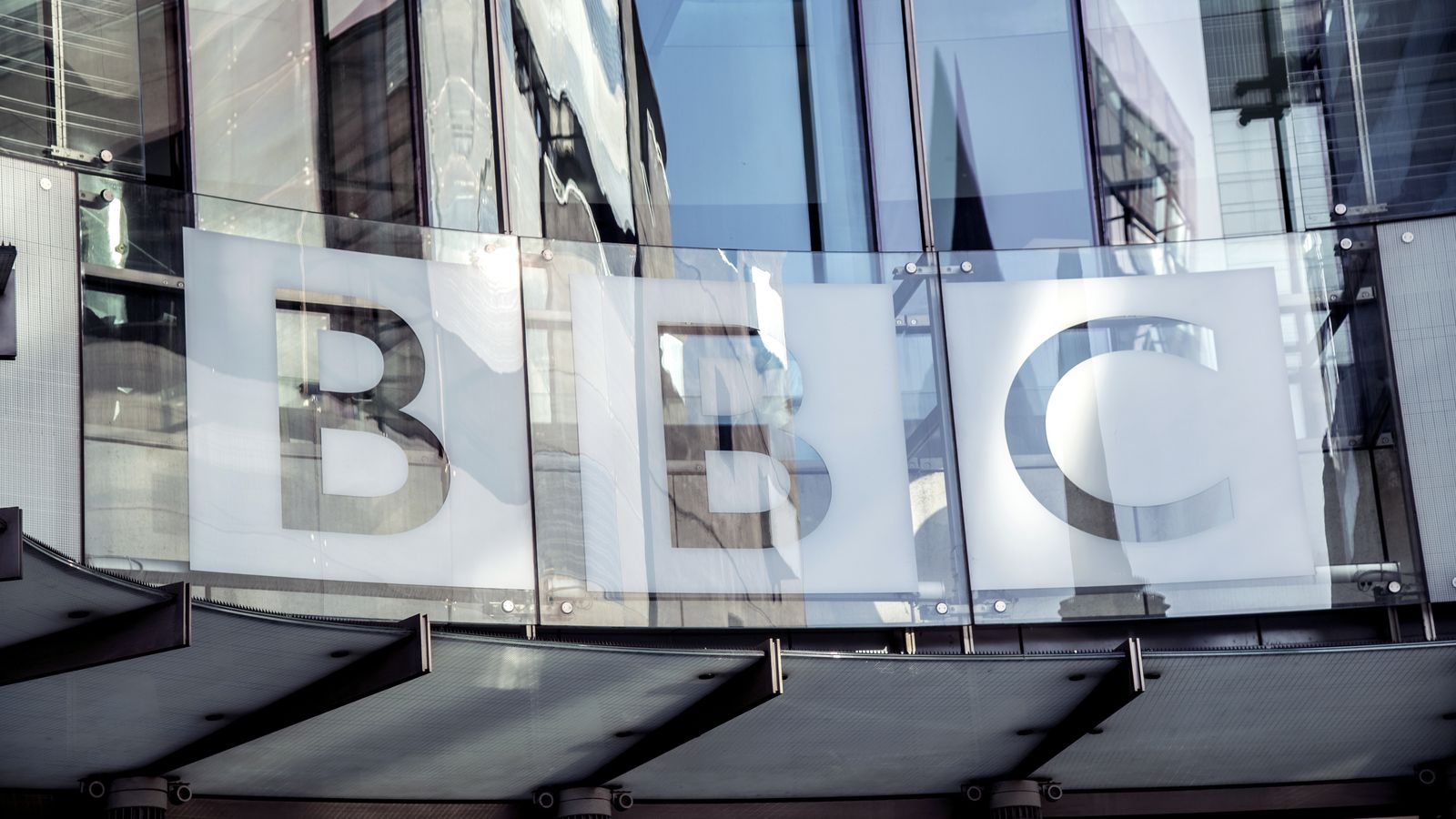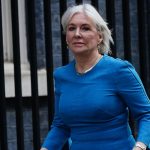Public service broadcasting (PSB) is facing an existential crisis and needs to “find new ways to engage with the beast [they] are confronted with” according to a panel of TV experts at this year’s Edinburgh TV Festival.
The contentious topic opened the three-day event, which will feature some of TVs biggest players as well as stars including Succession’s Brian Cox and Strictly winner Rose Ayling-Ellis.
As the official broadcast partner of the festival, Sky News will bring exclusive coverage on mobile, TV and podcast, and broadcast the prestigious MacTaggart lecture, hosted by Emily Maitlis, live.
Focusing squarely on the political questions around the future of public service broadcasting, creative leader and former BBC chief creative officer Pat Younge told Sky News “the main challenges British broadcasters face at the moment in terms of the BBC and Channel 4 is the government”.
Speaking in the session, he said we are dealing with a “post-truth, post-evidence government who are just tearing up the rule book”, adding, “we need to find new ways to engage with the beast that we’re confronted with”.
The government have said it is time to ask the question whether “a mandatory licence fee is appropriate” and say the decision to set the licence fee up to 2028 will not be changed.
The licence fee will remain fixed at £159 until April 2024, and then rise in line with inflation for the following four years, up to the end of the current Royal Charter on 31 December 2027.
Nadine Dorries pressured Channel 4 to promote privatisation, select committee hears
Dorries asked to correct record after claiming Channel 4 faked reality show Tower Block of Commons
TV BAFTAs 2022: Will It’s A Sin spell success for Channel 4 at this year’s ceremony?
While talks with the department of digital, culture, media and sport began earlier this year, All3Media CEO Jane Turton said it was “difficult to talk about what was achieved” in the discussions.
Alternative funding models for PSBs which have been discussed include subscription models, advertising and a broadband levy.
Away from the BBC licence fee, Channel 4 – which is owned by the government but funded by advertising – is facing potential privatisation.
The government has argued that Channel 4’s long-term future needs to be secured amid concerns for its survival in the streaming era, with Culture Secretary Nadine Dorries saying its ownership is holding it back.
It’s not just political issues troubling the PSBs. There have been massive shifts in behaviour as a younger audiences turn away from traditional TV viewing, watching more short and medium form content on streaming, on-demand and social video services.
However, a younger generation may be benefitting from the legacy of PBSs, while not necessarily recognising that’s where the content came from.
Recent OFCOM findings show that people aged 16-24 spend less than an hour (53 minutes) in front of broadcast TV in an average day – a fall of two-thirds in the last ten years.
Streaming giants were also exacerbating the TV generation gap, creating a stark divide in the viewing habits of younger and older people.
It’s also become apparent that many younger viewers are watching content that started out on a PSB but access it through a streamer. They may love the show, but no longer attribute it to its parent broadcaster.
Speaking about Peaky Blinders – which is a prime example of this – Banijay CEO Patrick Holland told the festival audience, “shows like this are big and bold and speak to a young audience as well as a broad audience, which is key”.
Patrick Holland Generation gap – need to create content for younger audience and double down on funding programming for those audience.
So, the question remains, what can the PSBs do better?
Wonderhood Studios co-founder David Abraham highlighted the success the Women’s Euro 2022 and the power of TV to bring nation together.
He said it was a moment largely created by the BBC’s decision to “go big” on the games, pushing the women’s sports agenda, which paid off in bucketloads.
Naked managing director Fatima Salaria agreed that broadcasters “must be braver and take risks. Tell diverse range of stories. We need to set the agenda.”
While Jane Turton said we need to “reframe what success looks like for PSB”.
She also said she felt there was value in making more content for British audiences. This would be a marked departure from the approach of many of the streaming giants who frequently focus on shows with a more global appeal.
Concluding the session, Ms Turton also had a more prosaic view of the sometimes romanticised image of creating TV, summing up the role of a good production company succinctly: “We’re a business, we’re selling shows”.
The Edinburgh Television Festival 2022 will run from Wednesday 24 August to Friday 26 August, with Sky News as its official media partner.






















